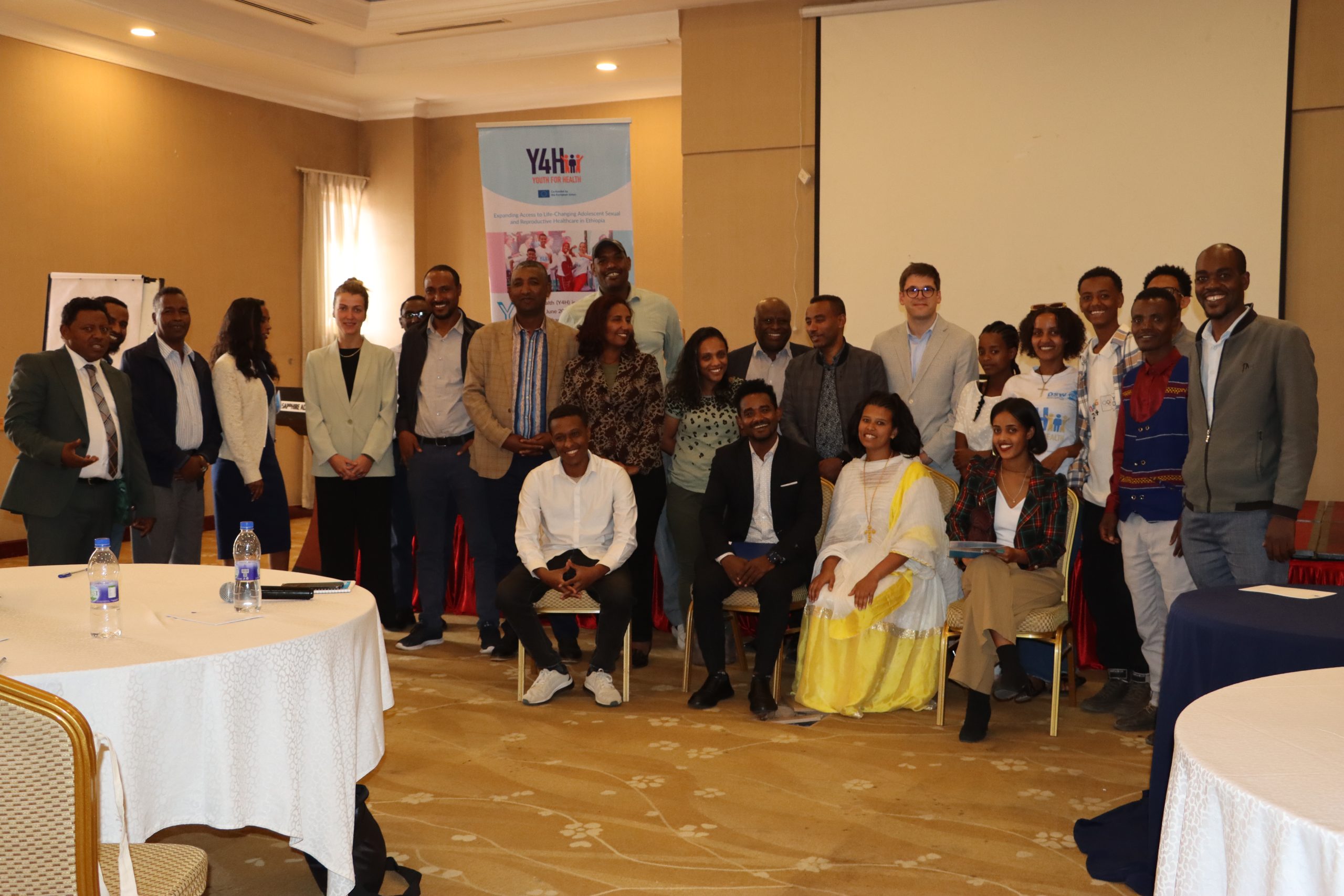

DSW Ethiopia’s Y4H Project Coalesces an ASRH Advocacy Workshop
Already ten months into its first year of implementation, the Youth for Health (Y4H) project hosted a half-day adolescent sexual and reproductive health advocacy workshop on 15 November 2023 at Sapphire Hotel in Addis Ababa. Ahead of a series of other sensitisation workshops planned to engage key stakeholders, the young adolescent champions joined representatives from the Federal Ministry of Health (FMoH) to initiate and set action points during the half-day workshop initiated by DSW.
Regional decision-makers coming from the project areas and other leaders representing civil society organsations such as the Consortium of Reproductive Health Associations (CORHA), Y4H Ethiopia consortium members Marie Stopes International Ethiopia (MSIE) and Youth Network Sustainable Development (YNSD) were among those who attended the workshop.
In his opening remarks, Feyera Assefa, Country Director of DSW Ethiopia, acknowledged the commitment of a team of experts from the FMoH to validate the relevance of the project based on research findings. He also announced the presence of two members of DSW’s international team, Johanna Rosenwirth, Institutional Funding & Partnerships Officer and Peter Kroll, Project Management Officer who were at the workshop.
“Adolescence is an important developmental stage in life. It requires the ability of young adolescents to realise their dream in an environment that enables them to meet their sexual and reproductive health (SRH) needs, including access to contraception. Thus, seeing these adolescents and youth champions in a high-profile adult-dominated workshop sitting front row gives us a sense of how the stakes of the project are already relevant to their ability to advocate on leveraging budgets for SRH needs and doing so on behalf of so many of their peers,” Mr. Peter Kroll emphasised. Y4H is identified by and for young people, and is specifically designed to rely on the commitment of youth champions to advocate at local and national levels.
“When we talk about youth champions, it is meant that the young people don’t get to passively benefit from the project by being at the receiving end but they too get involved as key stakeholders to engage in advocacy activities driven by evidence-based needs,” Feyera emphasised. Noting that, given the changing circumstances in terms of resource mobilisation or budget allocation and disbursement for youth SRH-focused interventions, which are affected by both the internal and external environments; the strategy of empowering youth advocates makes more sense for practical reasons.
According to Dr. Jemal Adem, a senior advisor at the FMoH, the financing of family planning services in Ethiopia is less effective in providing short-acting methods. For example, if the injectable FP method (Depo-Provera) is taken four times a year to prevent unplanned pregnancy for every other three months of the year, or multiplied by four years, it could need to be taken sixteen times. One Implanon could be used once every four years to prevent unintended birth for as long as it is utilised. In terms of both cost-effectiveness and reliability, the long-acting methods would be deal to take. In reality, the short-acting FP methods, such as injectable, continue to be the most widely used among young people. This trend hasn’t been without serious budgetary implication and coffer shortage of public funds. This is where a strategy to requisite the engagements in advocacy efforts by the youth champions comes in, suggests Dr. Jemal, based on his research findings on domestic financing presented during the early session of the workshop.
“Considering the 2021 Abuja Declaration, which asserts the commitments by African nations to a benchmark of 15 percent of budget spending on health, in some encouraging cases more than others haven’t lagged a lot behind. However, the absence of a budget line specific to adolescents’ SRH needs in the government budget planning on the one hand, the grim reality of the 13 percent teenage pregnancy prevalence in Ethiopia on the other could only oblige us further to create a strong enabling environment for engaging young adolescents in advocacy champions as part of the panacea. The efforts in advocacy to leveraging budgets for youth SRH/FP service needs must be explored through diverse sources,” Tsigie Gebretsadik, Advocacy Manager with DSW Ethiopia, qualifies an important take-away point in her presentation.
One of DSW’s youth champions, Elizabeth Addisu suggests that “the mainstream and social media platforms are very instrumental to the effect of advocacy on the budget shortfalls in youth and adolescent SRH issues.” She also recognises the importance of intensifying advocacy campaigns to increased budgetary resources for youth SRH wellbeing, but Elizabeth questions the wisdom of “entirely associating the health of youth with SRH issues per se, while substance abuse and other related social problems continue to affect the wellbeing of many more youth that remain largely unchecked”.
“Whether in the form of peer pressures or through unchecked behaviours that some of our youth may have become vulnerable to the various sources of social problems, the whole advocacy efforts objectively foster within the broader framework of addressing the needs for youth SRH wellbeing, including such social problems as substance abuse. The challenging question may arise from the fact that we are able to create demand for SRH services but fall short in ensuring the supplies of commodities. This situation as it exists would exacerbate an increase in unmet need if we don’t advocate for increased resources from any possible source, be it domestic or external donors,” Feyera cautiously noted an action point.
In his closing statement, Dr. Alemeayehu Hunduma, head of the Reproductive Health, Family Planning, Adolescent & Youth Health desk at the FMoH, welcomed the initiation by DSW to deploy a league of mentored adolescents and youth advocates who on behalf of themselves and their fellow young people in Ethiopia are committed to engaging the government stakeholders in budget allotment and disbursement for SRH needs of adolescents and youth.
“The Ministry of Health has put forth so many action points to broaden the platforms for advocacy when it comes to advancing budget sources for youth SRH needs, including the use of social media such as TikTok and the big personalities with a lot of followers internationally to speak on behalf of our efforts. This was done as we are concurrently managing the efforts to increase the domestic budget sources. For instance, this year’s budget for the health sector bounced up to 270 million birr, that is an eighteen percent average rate increment compared to the past four years budget allocation. Let’s work this out together and we remain committed to creating an enabling environment for the adolescents to engage in their advocacy efforts,” Dr. Alemayehu expressed optimism in his closing remarks.
Youth for Health is an advocacy-based intervention co-funded by the European Union and DSW in a complementary partnership with Marie Stopes International and other partners is undertaking the implementation in Oromia and South-Ethiopia region since it was officially launched in January 2023.
Photos: private

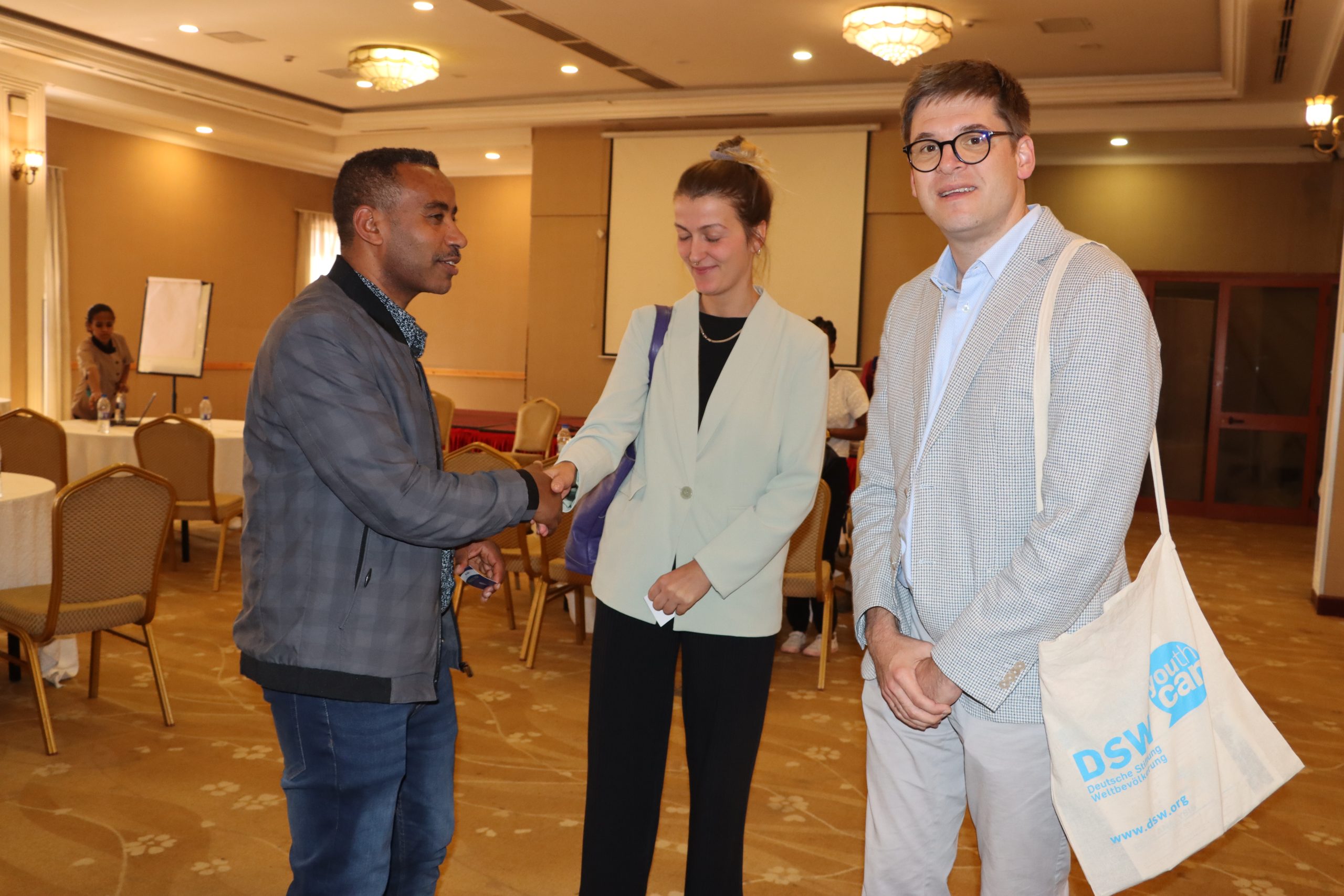
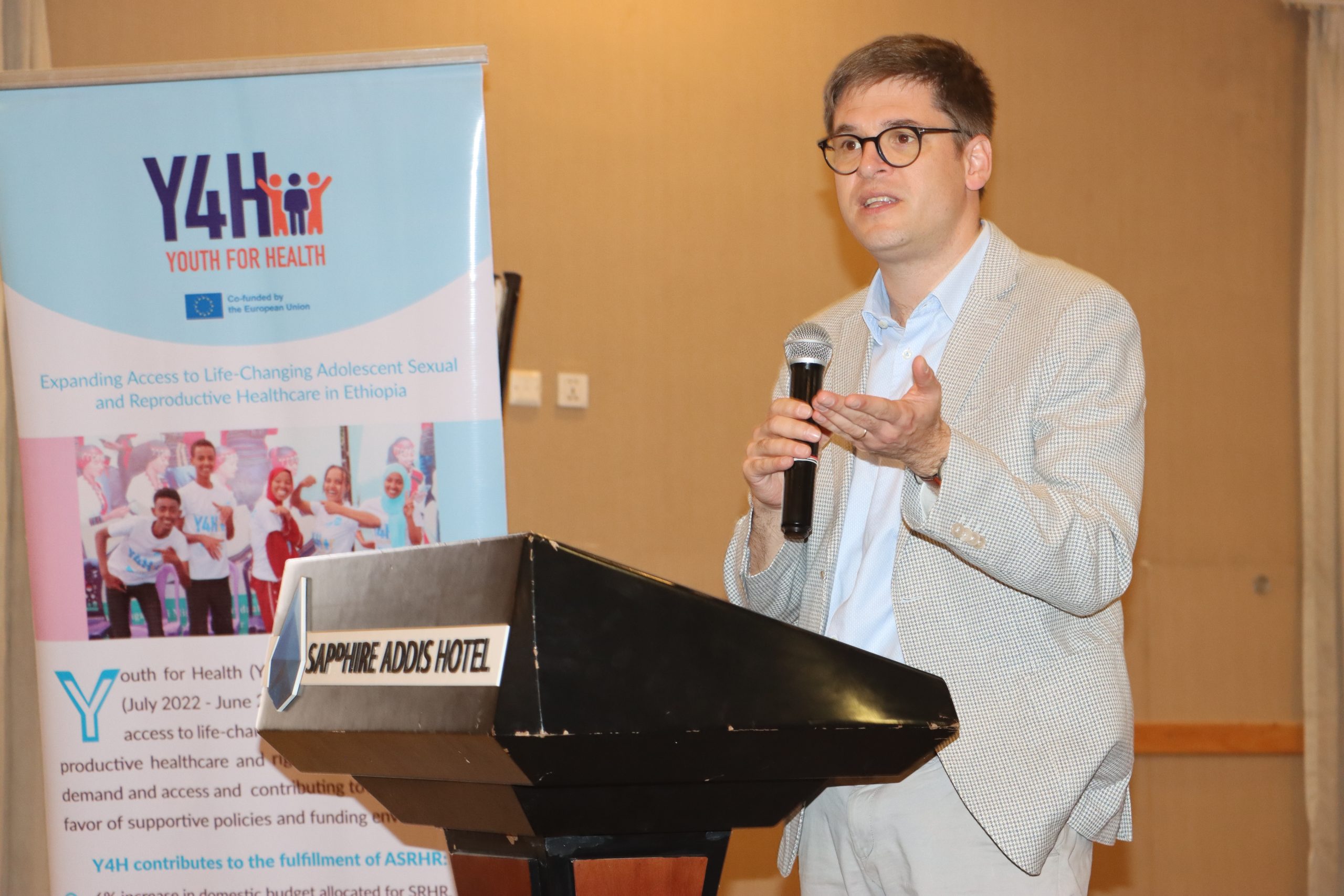
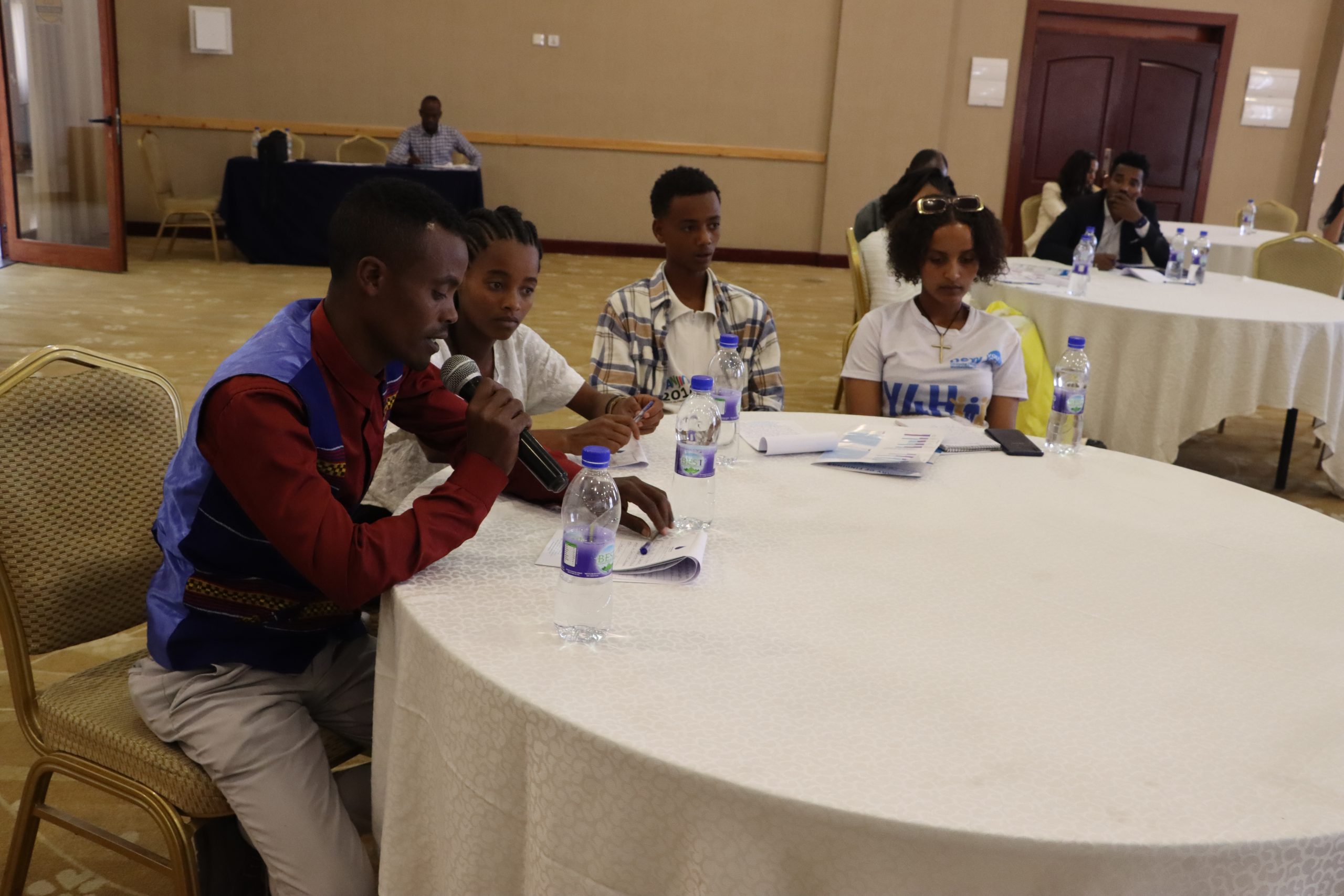
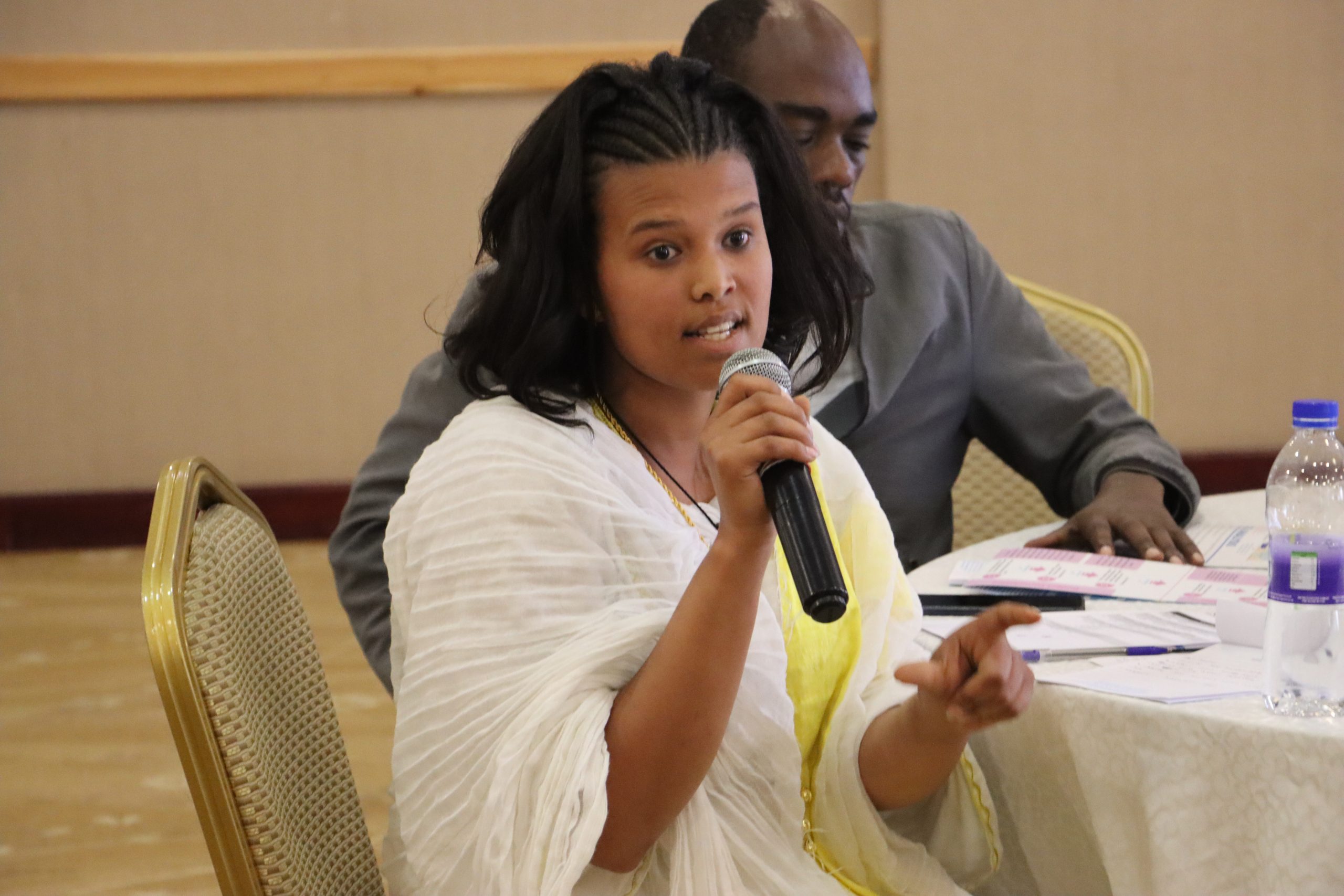
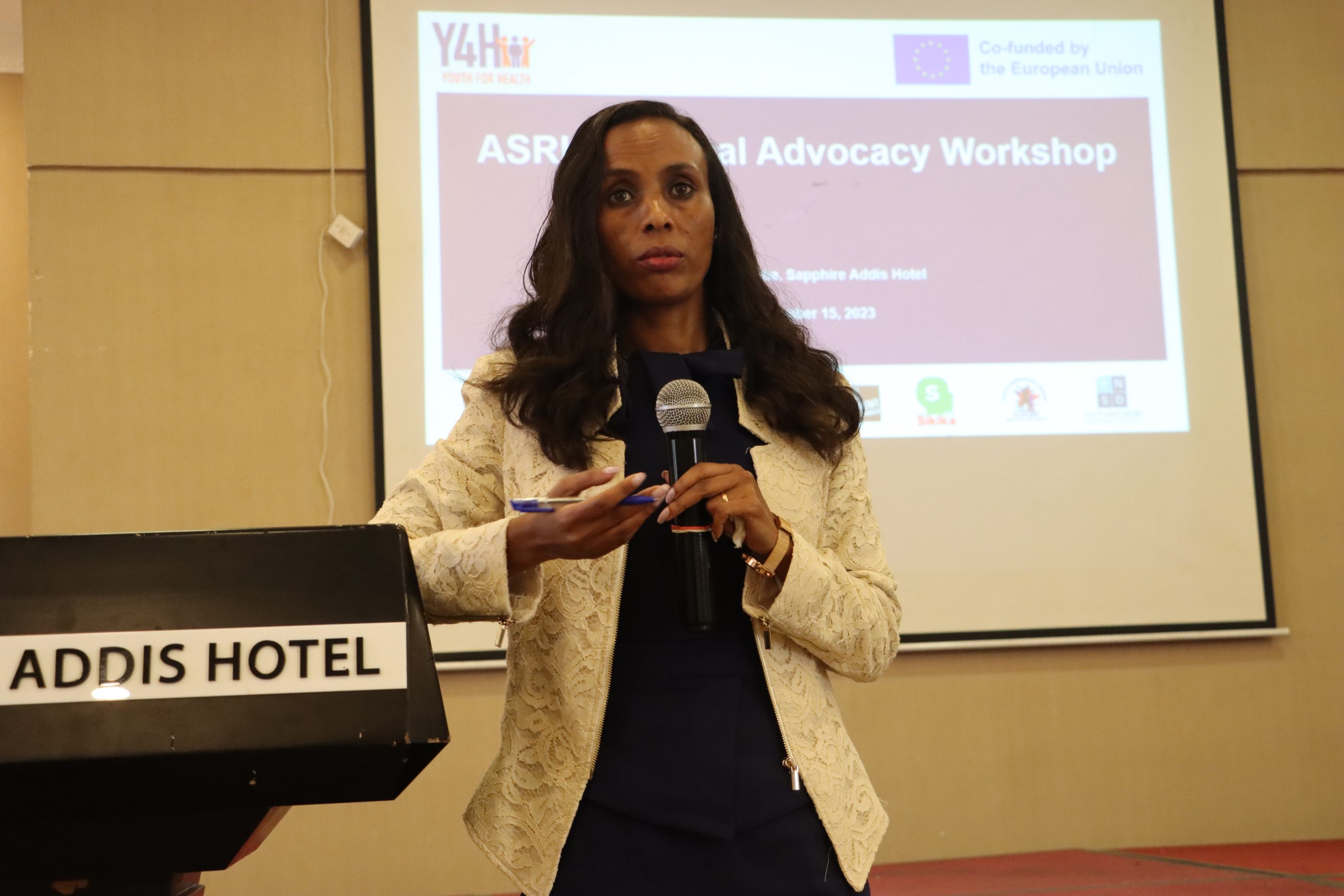
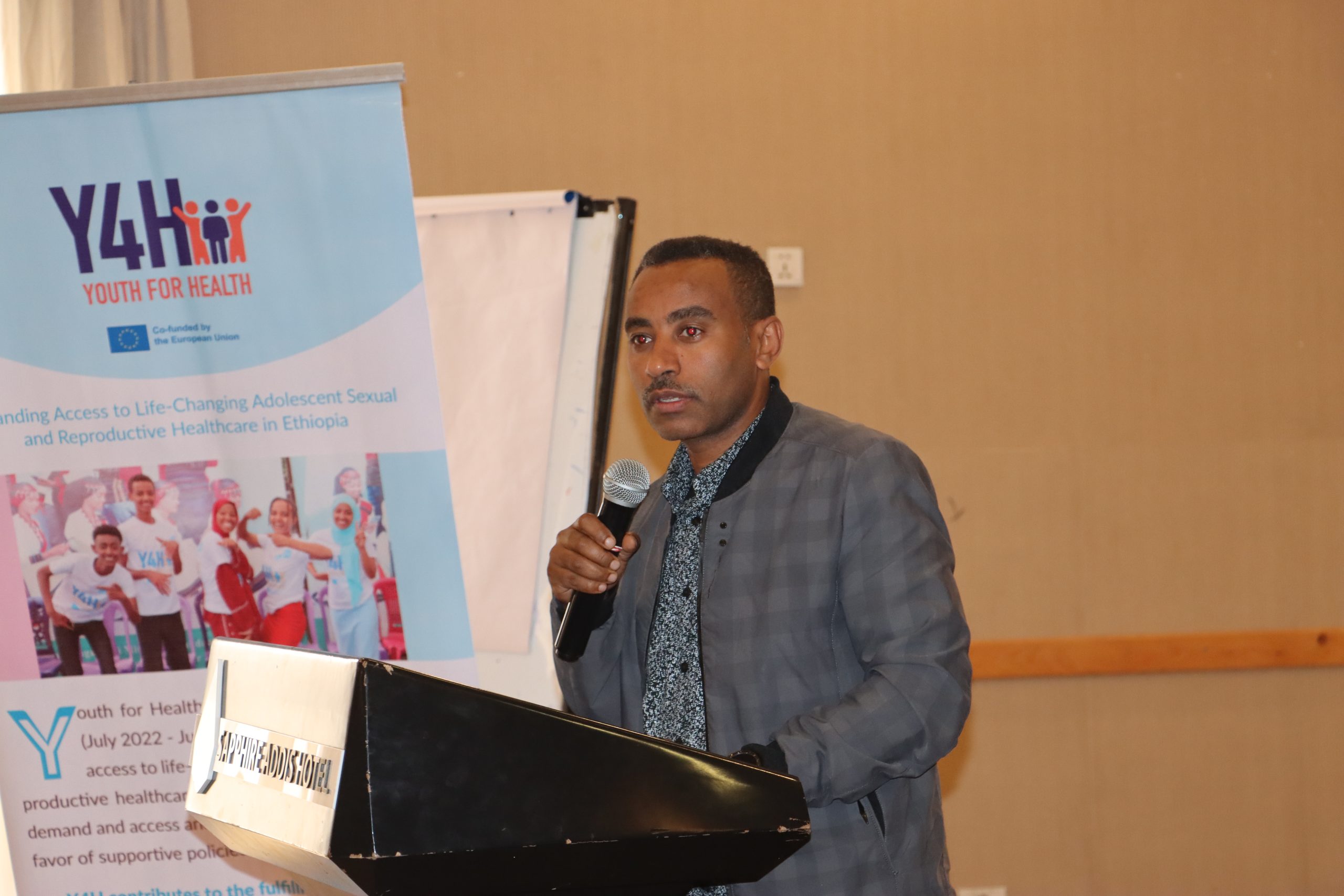
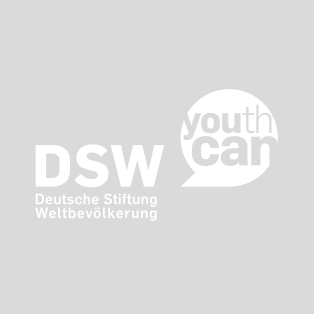
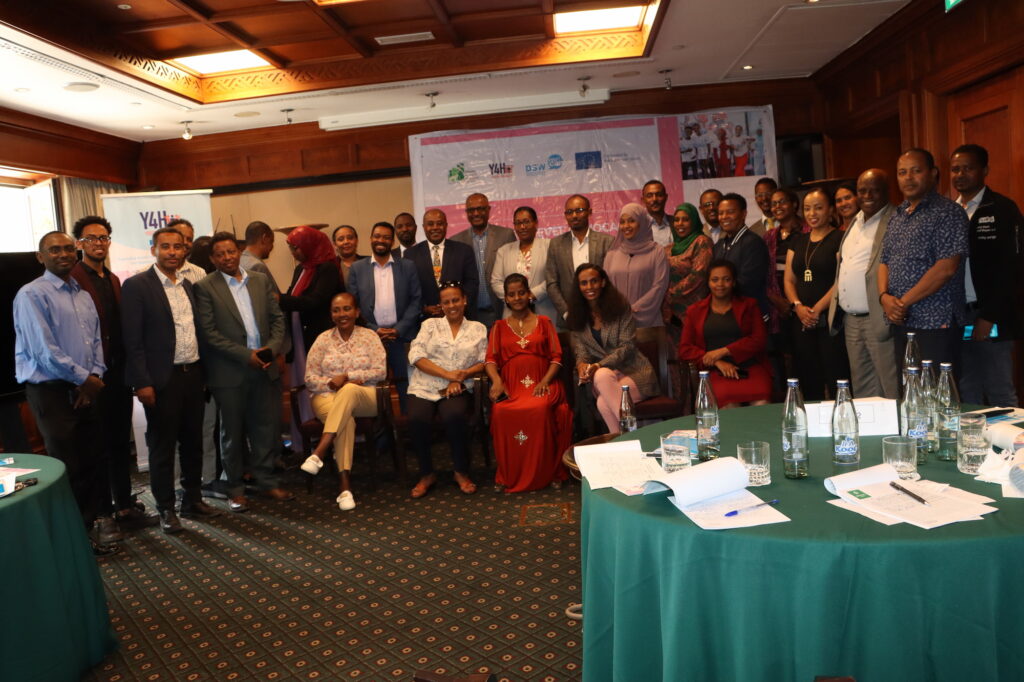
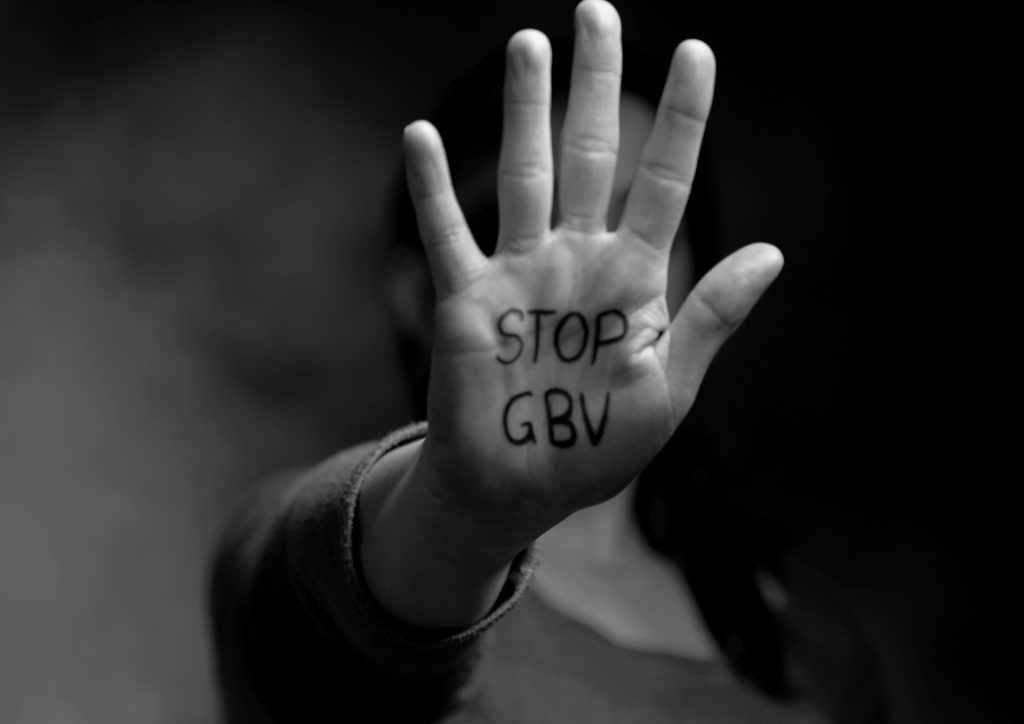
Comments